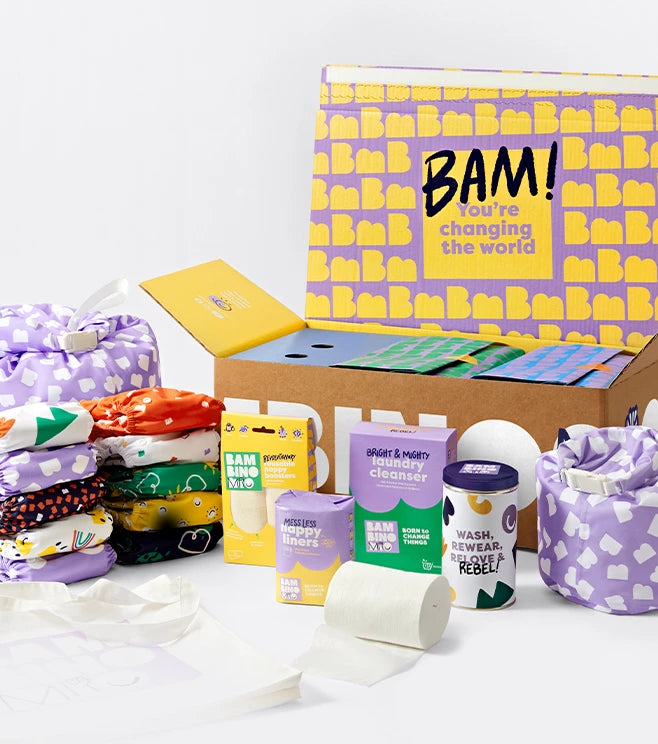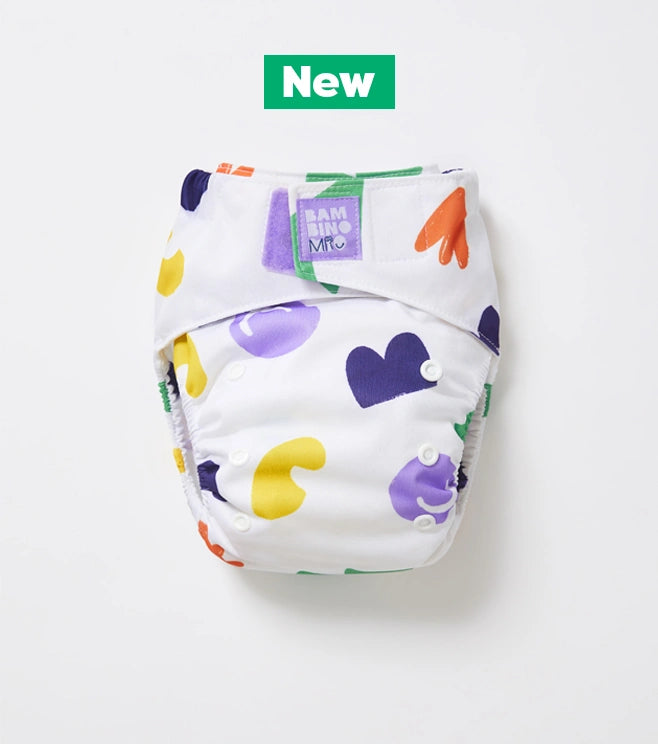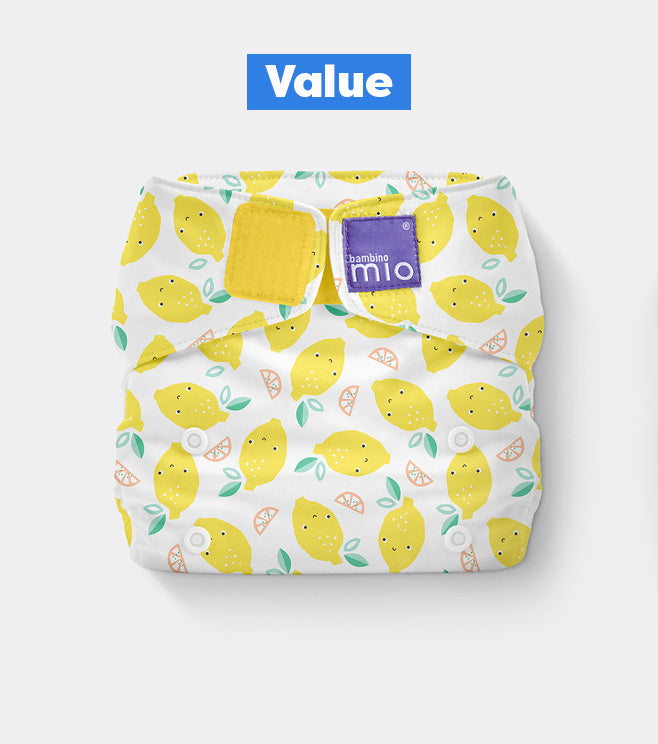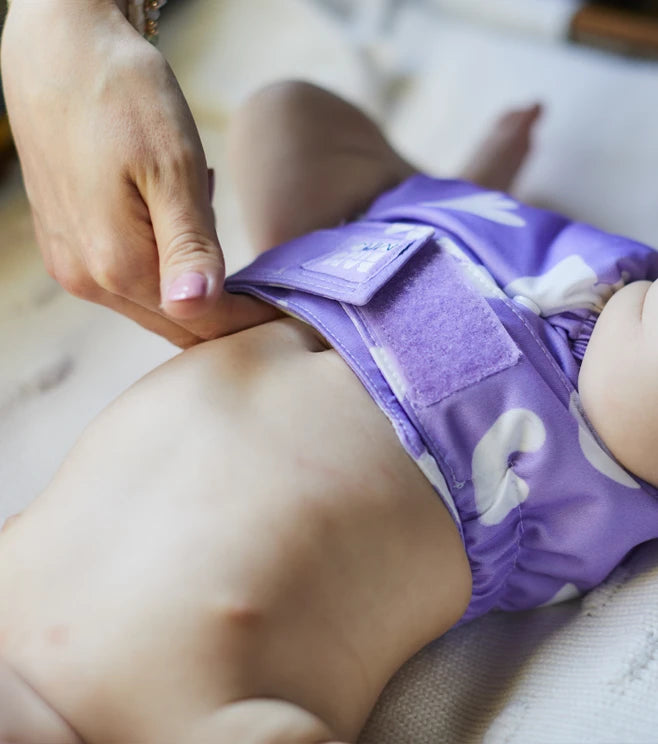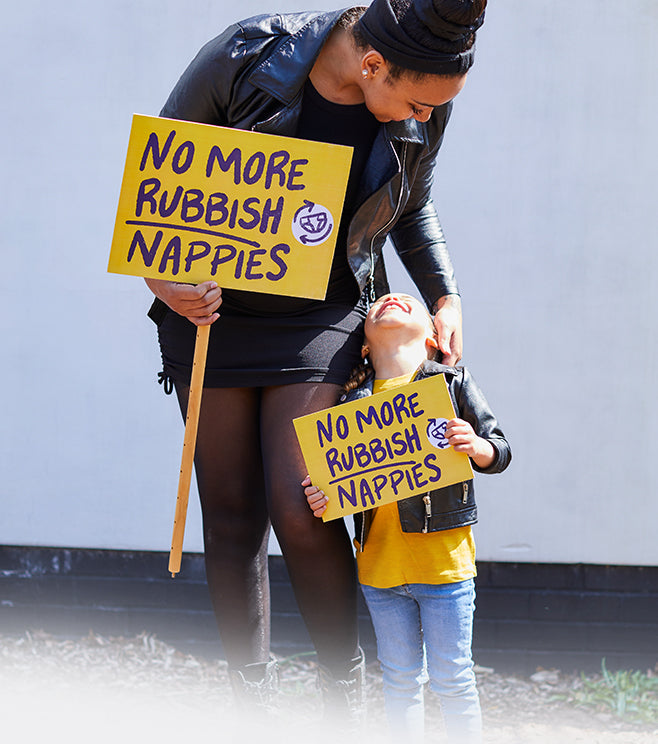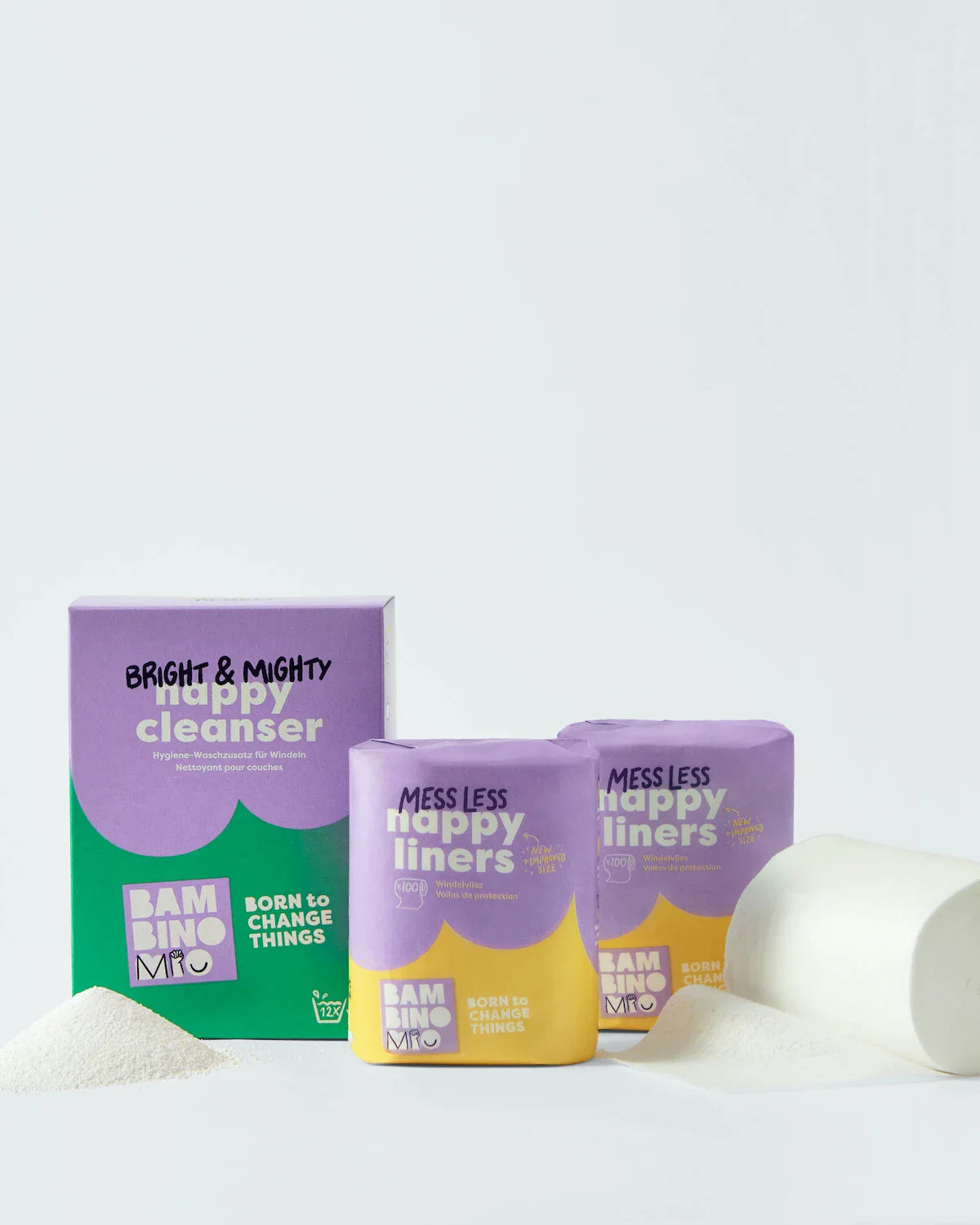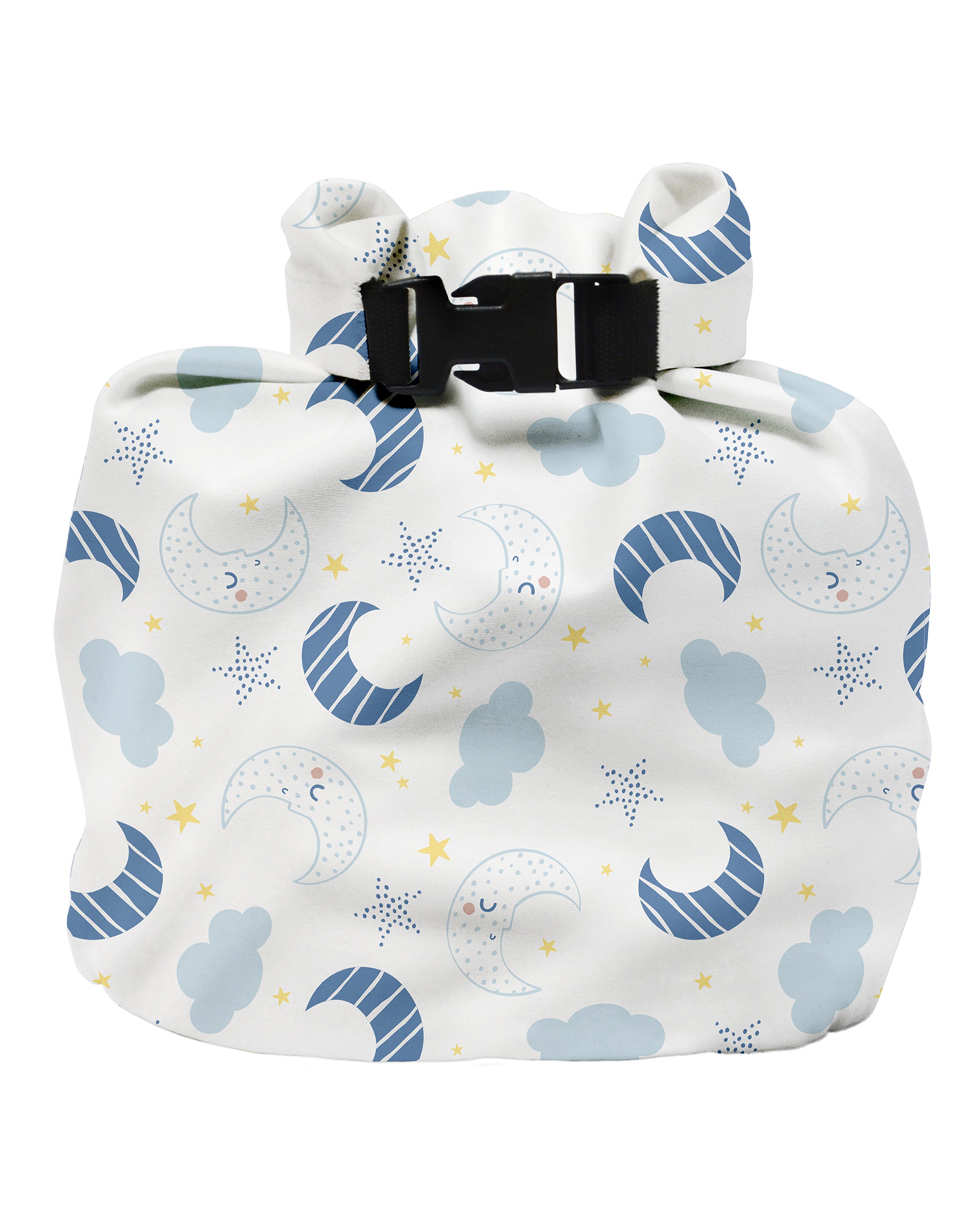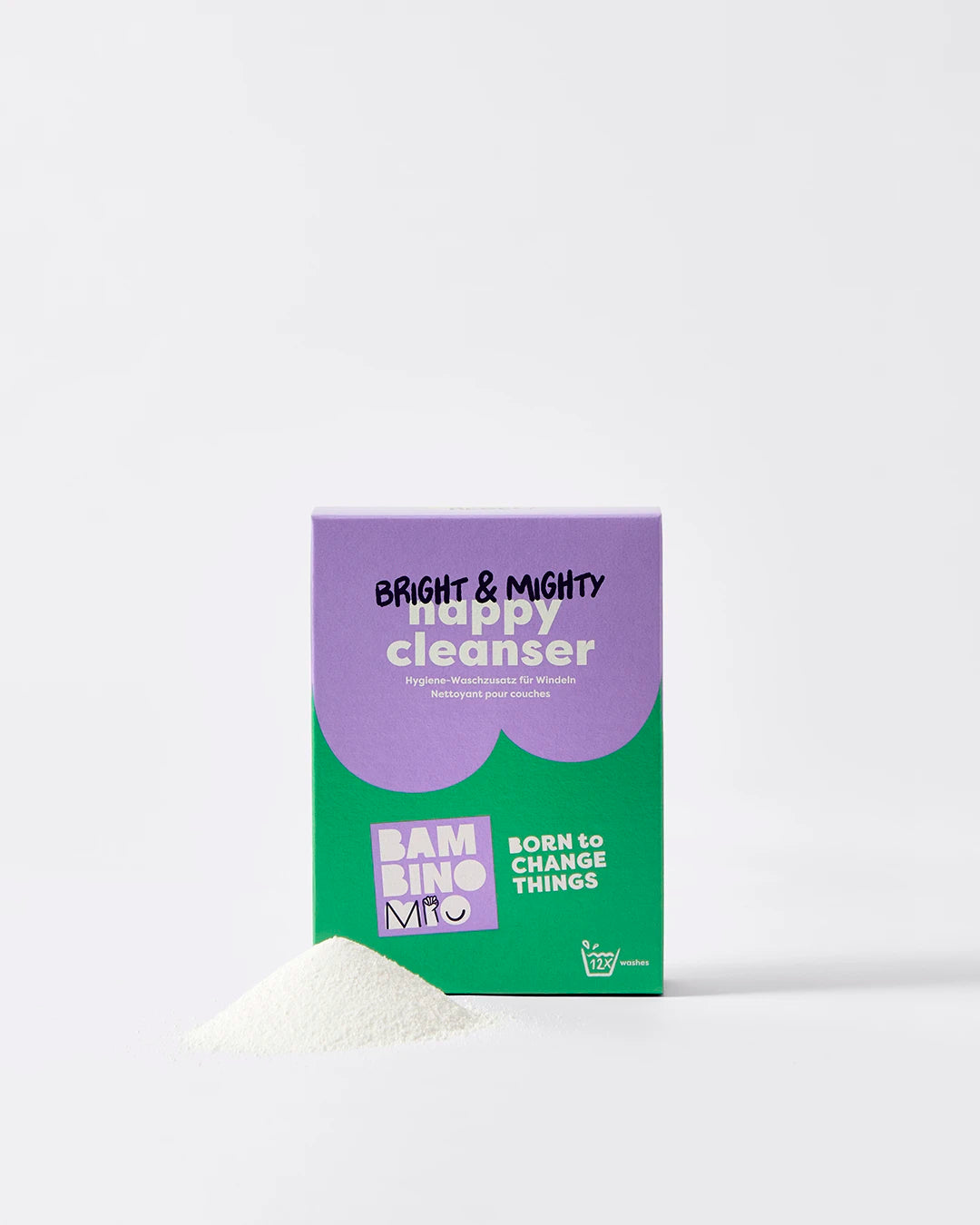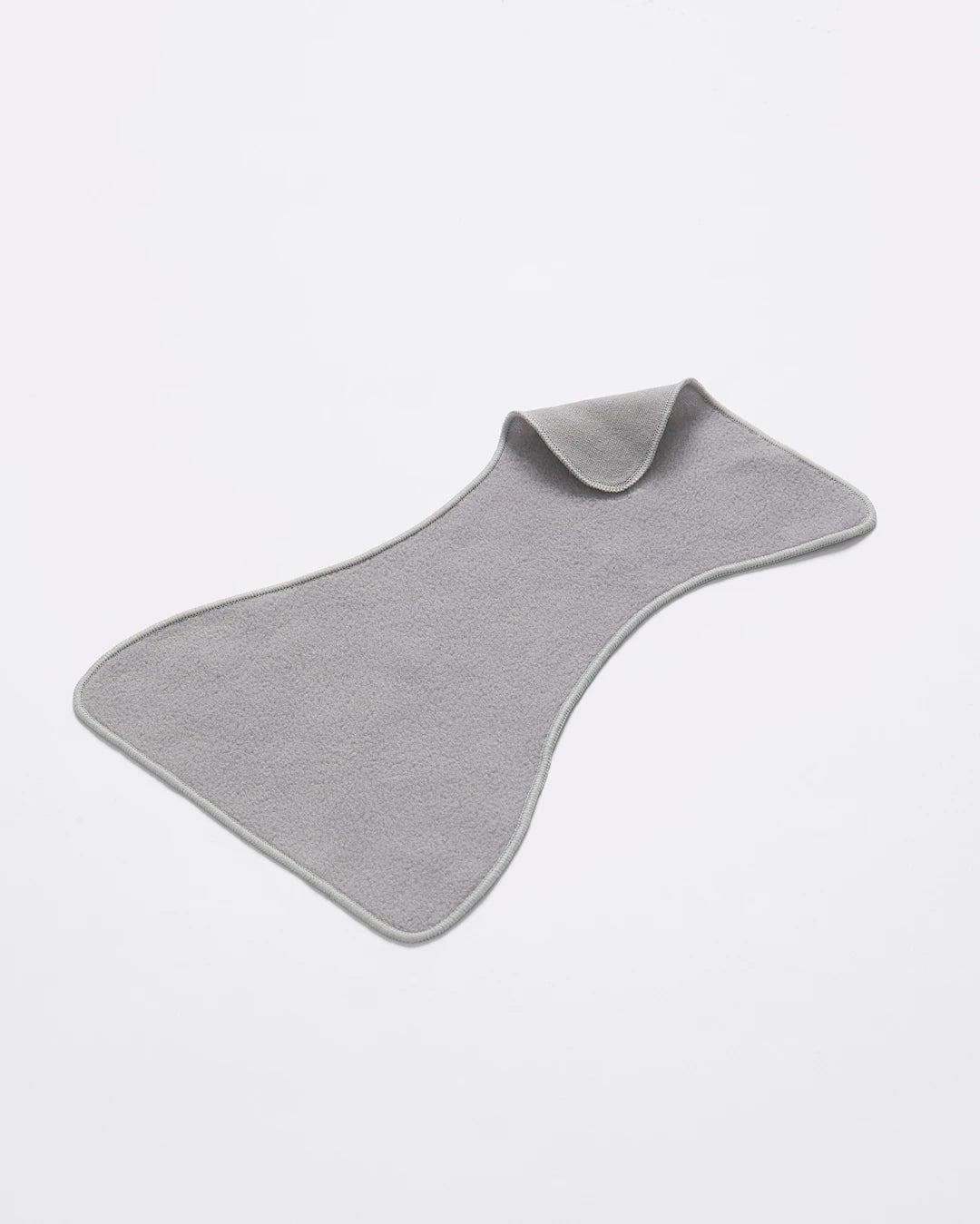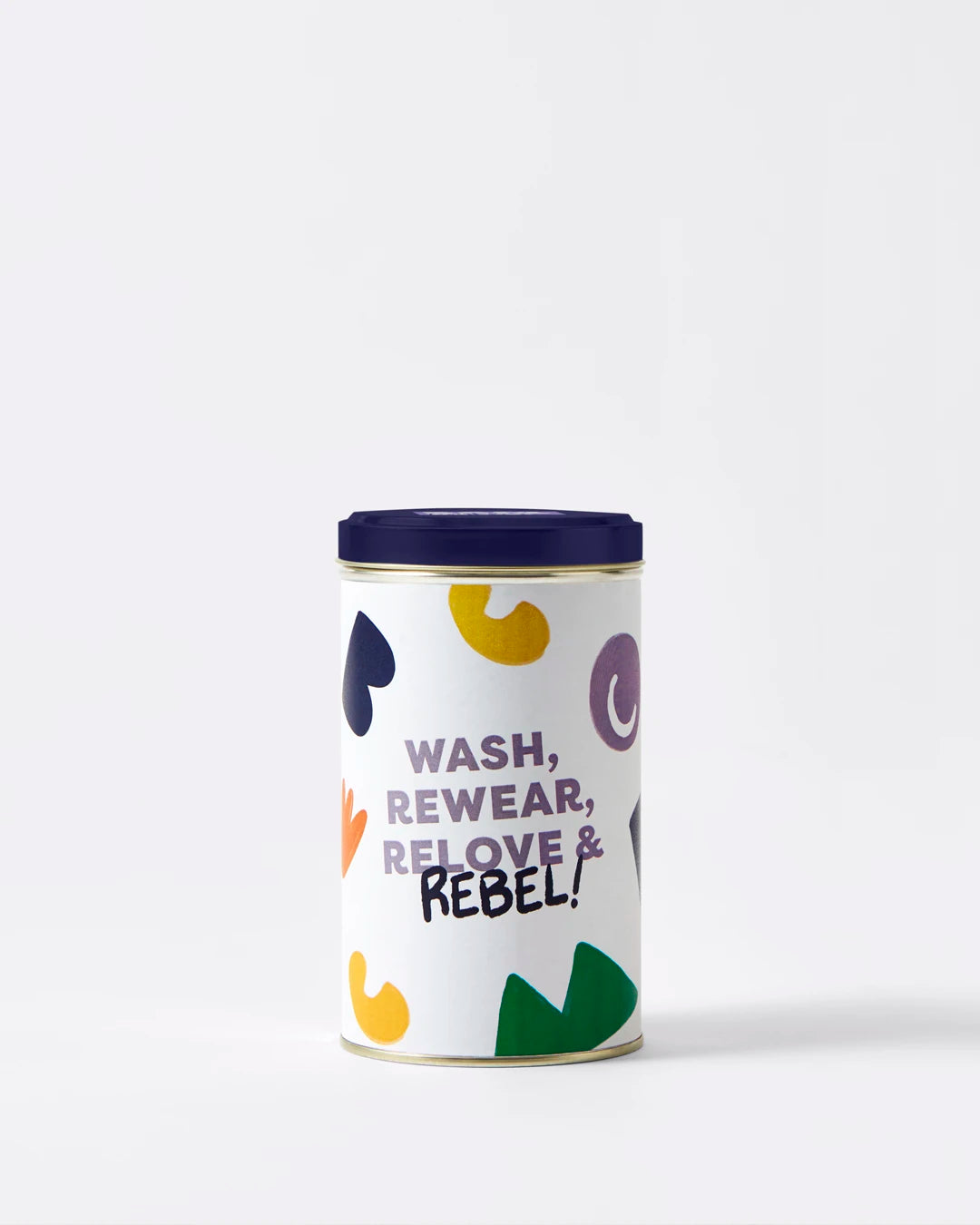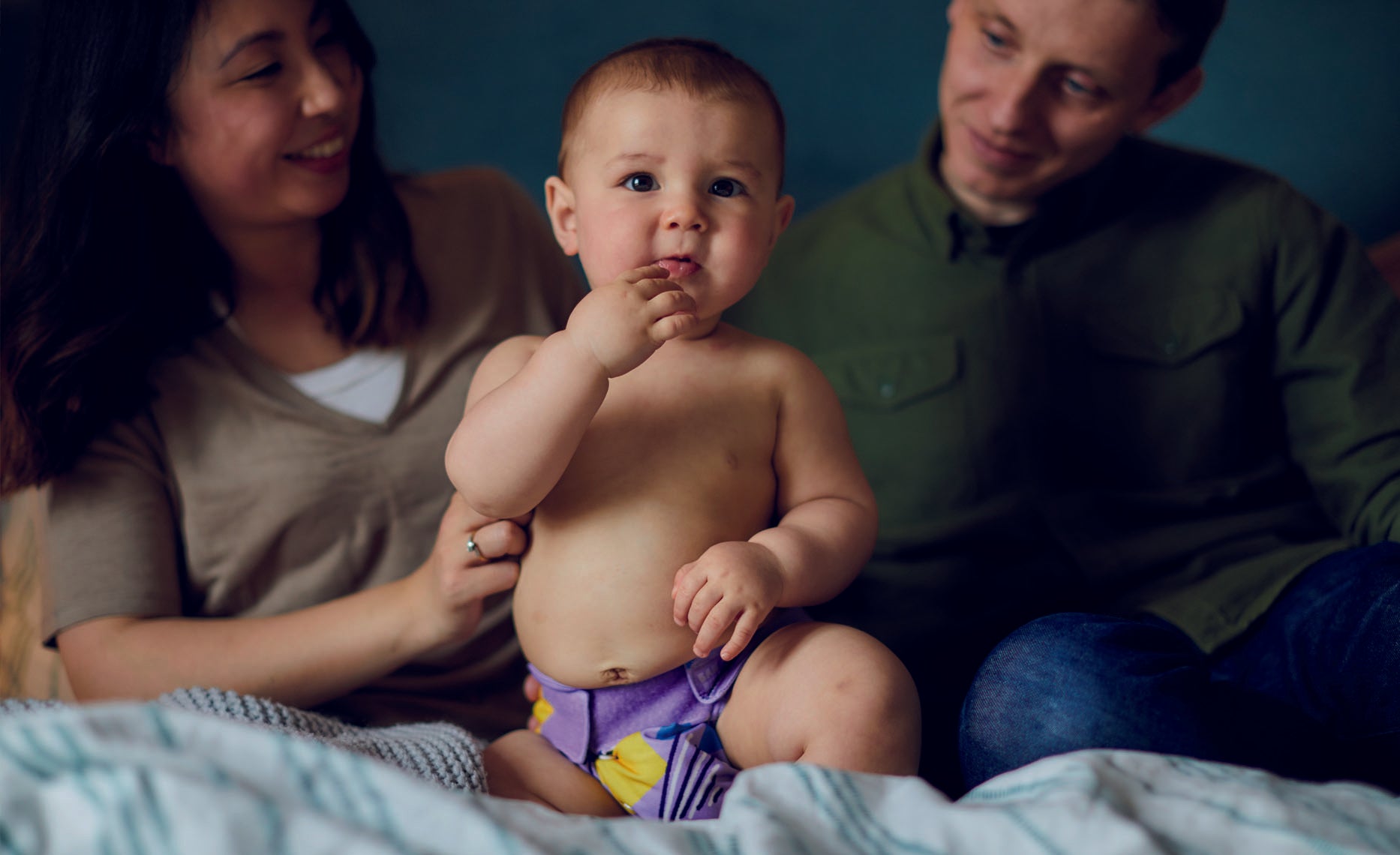Week 37 of Pregnancy | How Big is Your Baby at 37 Weeks?
Share Options
- Bambino Mio
- 29 / 06 / 2023

Inside this Article:
Pregnancy is a time of huge change for you, your body and your life. Our guide will help you through this amazing time, letting you know what to expect at each stage and, most excitingly, what your baby is up to each week.
Your baby is the size of a leek!
At 37 weeks of pregnancy your baby is the length of a large leek, which is around 48cm (19in) from crown to heel and 33.8cm (13.75in) from crown to rump.
They’re also getting closer to their final birth weight, with the average baby weighing just under 3,000g (6.5lbs) by now.
Baby’s getting ready to feed!
After practising their sucking and swallowing skills for a few weeks now, your baby is well on the way to coordinating the two movements (1) and they should have it all perfected by around 37 weeks.
There’s lots of facial expressions going on, too – grimaces, smiles, frowns. It seems as if the whole gamut of human emotion is being played out in your womb, but these expressions are merely reflex and aren’t related to any actual feelings.
If your baby arrives at 37 weeks they’re considered full term, although some experts refer to babies at 37 weeks as early term (2) because there’s still some development needed in the brain, lungs and liver.
Until recently your pregnancy was deemed full term from 37 to 42 weeks, but there may be more of a grey area between 37 and 40 weeks.
How you’re feeling at 37 weeks of pregnancy
Excited. Nervous. Heavy. Eager to get labour over and done with. All the feelings, all at once!
Physically, however, your body is making its final preparations for the birth.
You’ll notice your Braxton Hicks contractions (3) ramping up a bit in terms of intensity and frequency. At some points you might have one of these practice contractions every ten or 20 minutes.
You may also have a “show”. As far back as the first trimester your cervical mucus coalesced and thickened to form a seal on your cervix (4) to add some extra protection for your womb and your baby.
As the final few weeks of pregnancy approach, this seal starts to loosen and you may notice very thick discharge in your underwear and when you use toilet paper. The discharge may be grey or it might have pink tinges. Some women lose most or all of this plug at once, some lose it over a few days and some women hardly notice anything.
If you do see your plug coming away, it doesn’t mean you’re about to go into labour within hours, you could still be a couple of weeks away yet. If you are noticing a show, or if it’s happened completely, do tell your midwife at your 38-week appointment (5).
Staying healthy at 37 weeks of pregnancy
At this stage of pregnancy, while it’s good in general to eat healthily, you should also treat yourself to the occasional ice cream or bowl of chips and mayo. Stay away from anything unpasteurised, of course, as well as alcohol, but you can pamper yourself a bit now.
Exercise is still important, as is staying well hydrated and you might be feeling a bit more energetic, which might come as a surprise! Many women report an uptick in energy in the last few weeks of pregnancy, especially if they’re on maternity leave.
This burst of energy might be part of the so-called “nesting” process.
Whether nesting is a definite biological drive or just the pressure to tie up all of your loose ends and get everything ready for your new arrival is unclear yet, but you might find yourself scrubbing floors and prewashing your reusable nappies so they’re ready for action.
It’s also important, in between the chips and the washing and the batch cooking, to take some time for yourself at 37 weeks of pregnancy. If this is your first baby, your life is about to change hugely and if it’s your second or third, you should spend some quality time with your older children before you bring the new baby home.
Things to think about at 37 weeks of pregnancy
Carry on with your pelvic floor exercises (6) and, if you’re doing them, your breathing exercises.
Use any extra energy you have on things you really need to do, such as batch cooking and assembling furniture. It really doesn’t matter if that messy corner of the garage is tidy (or not) just yet…
Monitor your baby’s movements (7) so you can update your midwife at your 38-week appointment next week.
Stock up on formula and bottles if you’re planning to bottle feed and look for a breastfeeding support group if you feel you might need one.
Make a list of any questions or worries you have about labour and delivery so you can discuss them with your midwife next week.
Citations and References
(1) National Institutes of Health (NIH). National Library of Medicine. ‘The Maturation and Coordination of Sucking, Swallowing, and Respiration in Preterm Infants.’ 2003. Web. pubmed.ncbi.nlm.nih.gov/12520252
(2) American College of Obstetricians and Gynecologists. ‘Definition of Term Pregnancy.’ 2013. Web. www.acog.org/clinical/clinical-guidance/committee-opinion/articles/2013/11/definition-of-term-pregnancy
(3) National Institutes of Health (NIH). National Library of Medicine. ‘Braxton Hicks Contractions.’ 2022. Web. www.ncbi.nlm.nih.gov/books/NBK470546
(4) Science Direct. ‘The Structure and Functioning of the Cervix During Pregnancy.’ 2016. Web. www.sciencedirect.com/science/article/pii/S2214854X1530008X?via%3Dihub
(5) National Health Service (NHS). ‘Your Pregnancy Care. Your Antenatal Appointments.’ Web. www.nhs.uk/pregnancy/your-pregnancy-care/your-antenatal-appointments
(6) National Health Service (NHS). ‘Women’s Health. What Are Pelvic Floor Exercises?’ 2020. Web. www.nhs.uk/common-health-questions/womens-health/what-are-pelvic-floor-Exercises
(7) Royal College of Obstetricians and Gynaecologists. ‘Your Baby's Movements in Pregnancy– Patient Information Leaflet.’ 2011. Web. www.rcog.org.uk/for-the-public/browse-all-patient-information-leaflets/your-babys-movements-in-pregnancy-patient-information-leaflet
Pregnancy by Week, What to Expect


